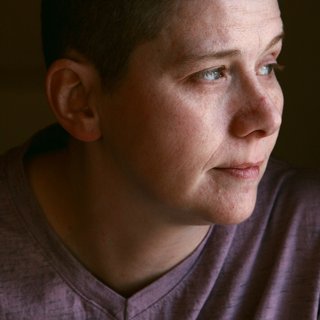Breaking the patient mindset after my stem cell transplant
Matt had a stem cell transplant for acute lymphoblastic leukaemia in 2023. He shares how he found it hard to get out of the patient mindset and adjust back to life after treatment.
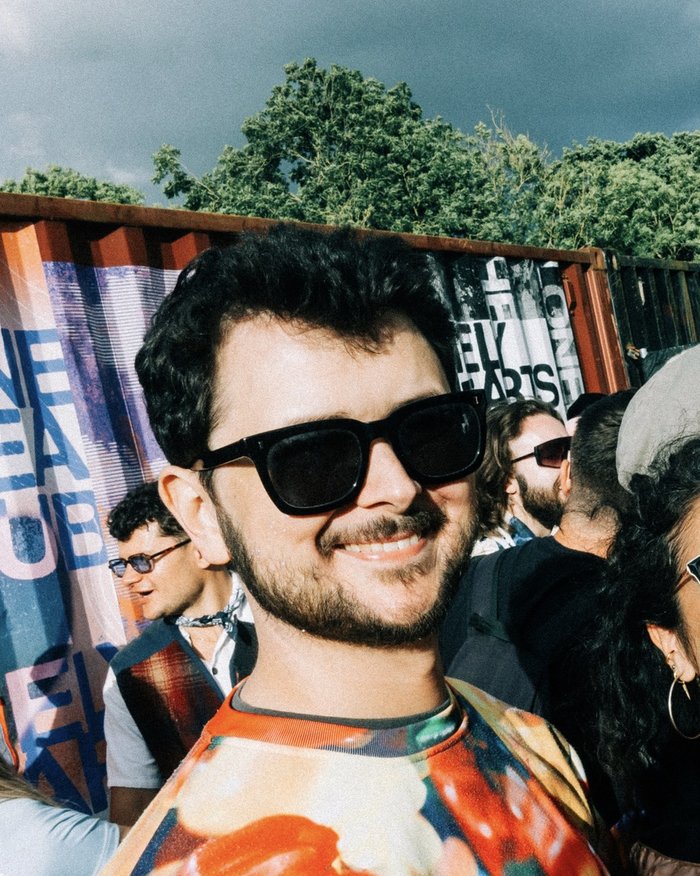
I was diagnosed with acute lymphoblastic leukaemia (ALL) in late 2021, and after my first year of treatment failed, I had a stem cell transplant in May 2023. The three years of chemotherapy, hospital visits and fatigue were extremely tough, but getting back out into something approaching a “normal” life has been much harder.
In the run-up to my diagnosis, I was heavily fatigued, lost around four stone in weight, and my skin turned orange due to anaemia. So when I was finally told I had leukaemia, I was strangely relieved – at least now, after months of feeling awful and being bounced from hospital to hospital for tests, we could begin to fight it. I even felt cautiously optimistic!
I knew that my life would look very different, but I also felt a sense of calm. All I had to do was lie back, let the doctors do their thing, and be the best patient I could be.
The boredom of hospital stays as an in-patient, the monotony of regular hospital visits as an outpatient, the recognition that going out into crowded places was too dangerous given my weakened immune system – these were all things I couldn’t control or change, so I found myself falling into a steady rhythm of life as a cancer patient, and that was all I had to worry about.
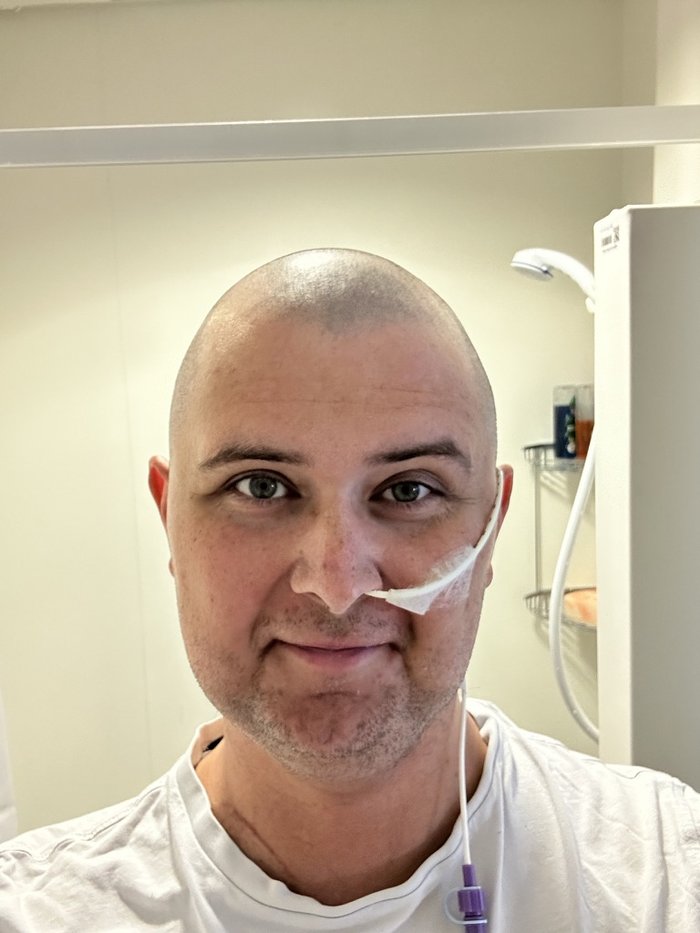
Matt in hospital
Having completed my intensive chemotherapy, my relapse in early 2023 was devastating, as I had just started to piece my life back together while on low-level, maintenance chemotherapy. Having been a patient for many months, then given a tantalising glimpse of normality only to have it snatched away again, was brutal.
Having a stem cell transplant
The next course of action was a stem cell transplant, which meant five weeks of being isolated in a single hospital room and more intensive chemotherapy and radiotherapy. But once I was back in hospital, the familiar routine and rhythm of being a patient soon kicked in again.
Going through a stem cell transplant was tough, especially suffering from mucositis, but the care I received was exceptional, and the nurses and doctors did everything they could to keep me as comfortable as possible. To keep my brain ticking over and to have something tangible to achieve every day, I decided to write a daily blog about my experience while in hospital.
After being discharged for a second time after my transplant, I remained in the patient mindset for a long time.
The combination of radiotherapy, chemotherapy and a new immune system left me exhausted, so there were strict limits to what I could and couldn’t do. For the first few months at least, all I did was rest, and life was reasonably simple.
Getting back to "normal" was hard
It was as I started to get stronger, little by little, that everything became harder. On the one hand, I was incredibly impatient to get back to “normal” and felt angry at myself for my mind being ready while my body wasn’t. On the other, I felt terrified about going back out into the world again, in case I picked up a virus or overdid it and pushed myself into a fatigue-induced setback.
The fear of relapse hung over me like a spectre – I’d already relapsed once before, albeit not after a stem cell transplant, and the idea of having my freedom taken away from me again, messy and confusing though that freedom was, was almost impossible to bear. I also suffered from Graft vs Host Disease (GvHD), which was thankfully mild but still resulted in itchy rashes and considerable discomfort.
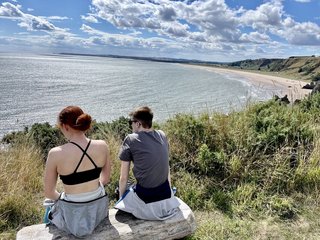
Coping after treatment ends
Get more information and stories about coping with remission.
Friends and family wanted to see me (and I, them!), and I wanted to get back to work so I could help pay the bills, but I didn’t know how I was going to feel from one day to the next. Some days I would feel energised enough for an hour’s walk, and others I felt like I’d never leave my bed again.
I felt like an awful friend and an awful partner to my fiancée, who frequently had to nurse me despite having to hold down her job to pay the bills. When I was able to work, I made frequent mistakes due to “chemo brain,” and I felt guilty for not having a clear answer for people who asked when I was free for a visit and frustrated that I couldn’t find the same rhythm or consistency that comes with being a patient.
At times, I lost faith that I would be able to cope. I felt very alone, despite the support of my partner, friends and family.
But I slowly started to acclimatise. The threat of relapse seemed to gradually reduce with every negative bone marrow test, and I started to get more confidence at work and do tasks more competently. I began to find I had more consistent energy and became better at recognising when a period of fatigue was about to kick in.
I was referred to a clinical therapist, and the sessions helped me to process what I had been through, the threat of relapsing again, and how to manage living with anxiety. I also joined a weekly group session for other stem cell transplant patients, and hearing the shared experiences and anxieties helped me to realise that I wasn’t alone in what I’d been through and that there were others out there who understood and sympathised.
As time wore on, I became more and more like my old self. The brain fog lifted and I was able to enjoy things more.
I started to see people in controlled environments, went back to work full-time, and even went on a holiday to Scotland and hiked a mountain. Eventually, I started going to small social occasions and travelling into the office. I even survived Glastonbury festival with no side-effects other than a pretty potent hangover!
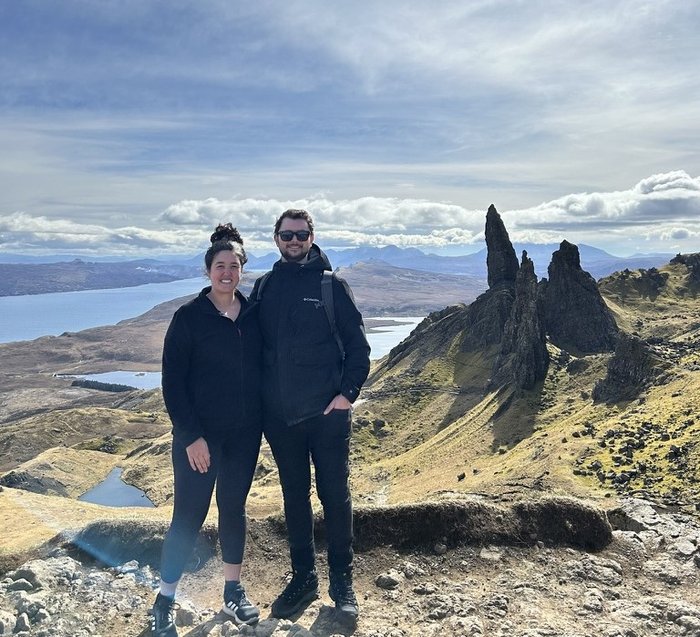
Now, a year after my transplant, I do feel like I’m mostly back to something like normal. I’m by no means perfect - I still struggle with fatigue, my GvHD is ongoing and my recent vaccinations hit me like a sack of bricks. I still have mental setbacks, too, like periods of intense anxiety. But my baseline is so much better than I would have even thought possible just a few short months ago.
Being told you have cancer is awful and being a patient is hard. Getting back out there and trying to reclaim some normality was, for me, the hardest part of all. But it does get better, little by little.
The small steps you take, day by day, week by week, eventually add up to a marathon. It’s only when you look back that you realise how far you’ve come.

